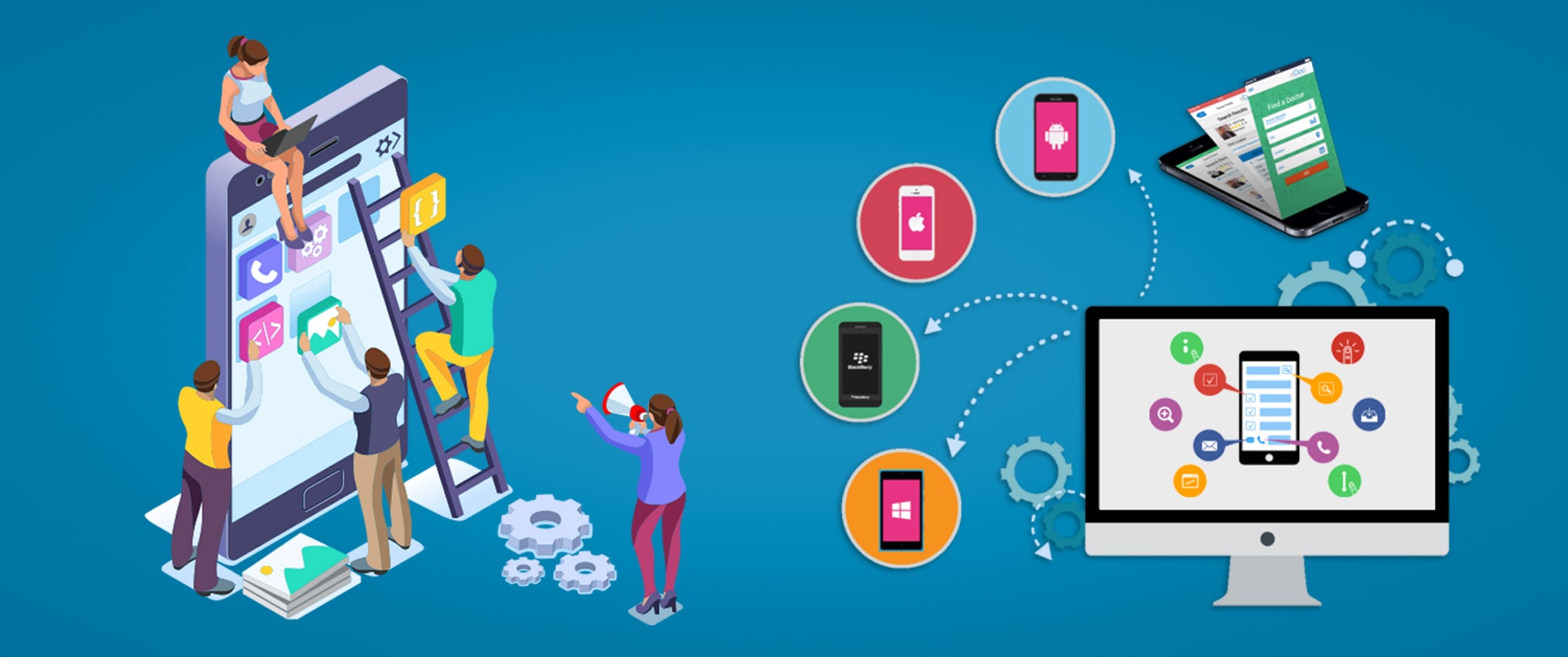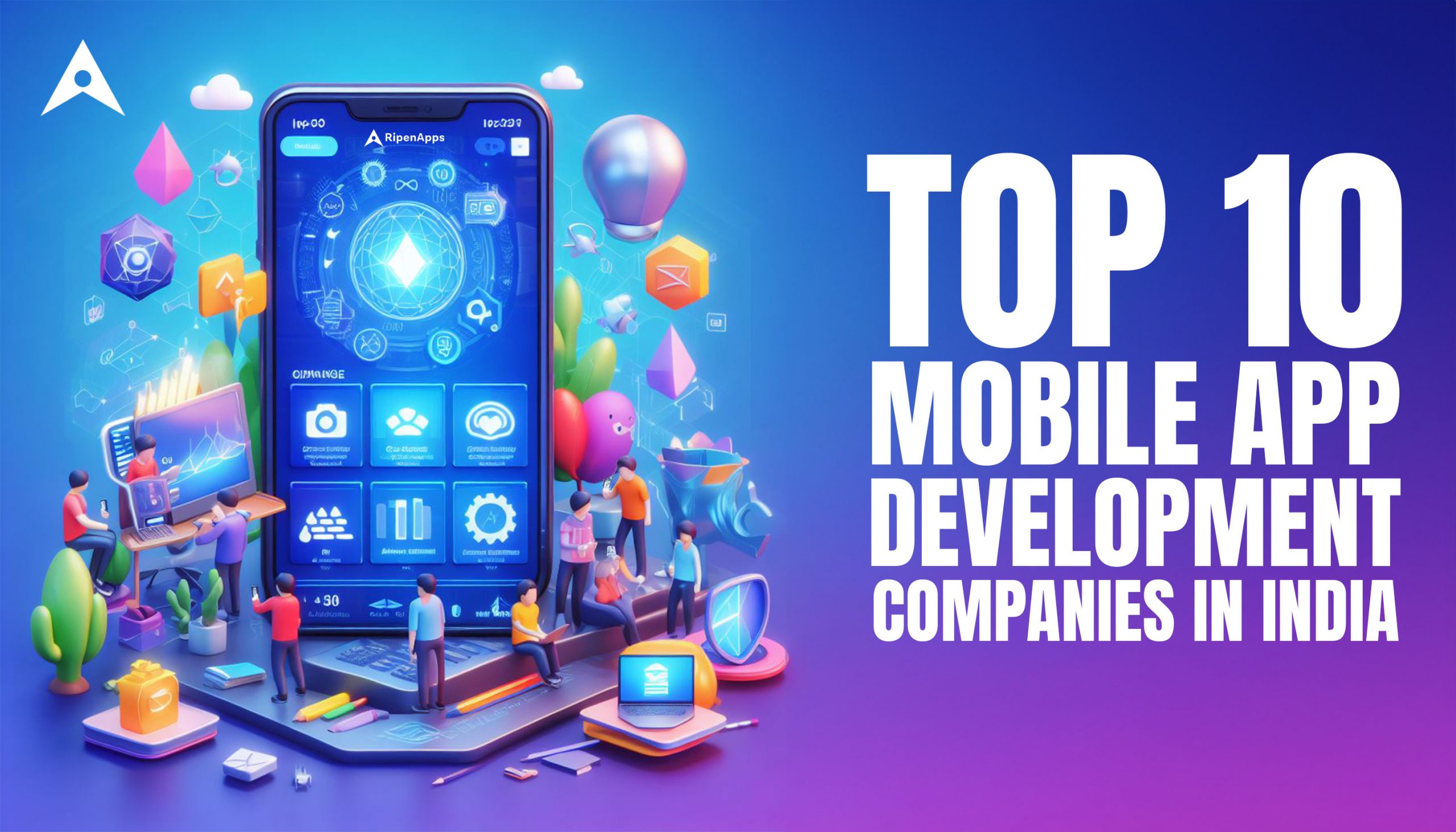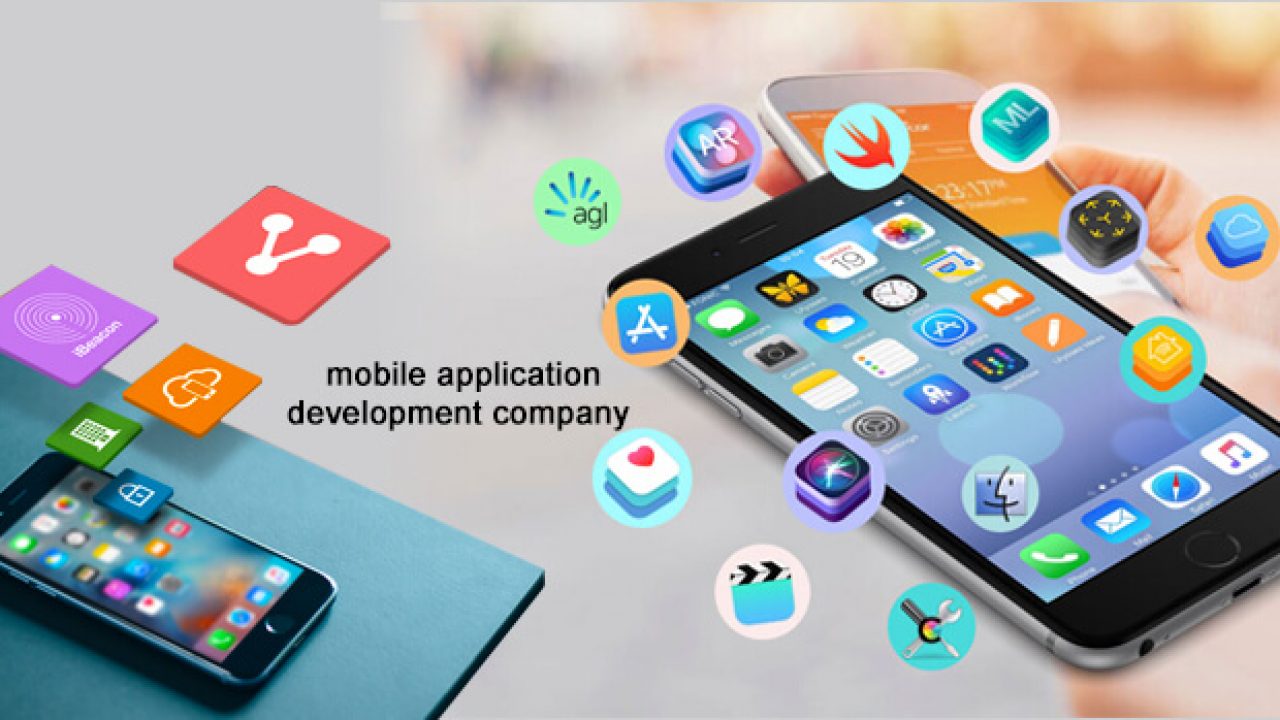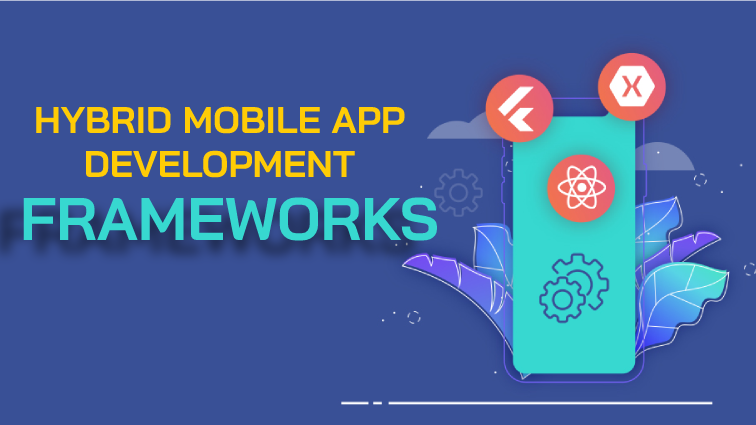
In today’s fast-paced digital world, mobile programming has become a cornerstone of
modern software development. As mobile devices continue to dominate the tech
landscape, mastering mobile programming is not just advantageous but essential for any
developer aiming to excel in the industry. This guide provides an in-depth exploration of
mobile programming, covering essential skills, technologies, and best practices that will
equip you to thrive in this dynamic field.
Understanding Mobile Programming
Mobile programming involves creating applications specifically designed to run on mobile
devices such as smartphones and tablets. Unlike traditional desktop applications, mobile
apps must be optimized for smaller screens, touch-based inputs, and varying hardware
capabilities. Understanding the fundamentals of mobile programming is crucial for
developing high-performance applications that offer seamless user experiences.
Key Mobile Programming Platforms
Android, the most widely used mobile operating system, offers a rich environment for
developers. Android applications are typically written in Java or Kotlin, utilizing the Android
SDK (Software Development Kit) to interact with device hardware and software
components.
iOS, Apple's mobile operating system, powers iPhones and iPads. iOS applications are
developed using Swift or Objective-C, and developers use Xcode as the primary
development environment. Understanding the nuances of iOS design guidelines and app
submission processes is essential for success in the iOS ecosystem.
Cross-platform frameworks allow developers to build applications that run on multiple
operating systems using a single codebase. Popular frameworks include React Native,
Xamarin, and Flutter. These frameworks offer a way to reach a broader audience without
the need to develop separate apps for Android and iOS.
Essential Skills for Mobile Programmers
To excel in mobile programming, developers must master a range of skills and
technologies. Here’s a breakdown of the key competencies required:
1. Proficiency in Programming Languages
• Java/Kotlin for Android development.
• Swift/Objective-C for iOS development.
• JavaScript/TypeScript for cross-platform development frameworks like React
Native.
2. Understanding Mobile User Interface (UI) and User Experience (UX)
Creating an intuitive and visually appealing user interface is crucial for the success of any
mobile application. Developers must be adept at designing responsive layouts that adapt
to various screen sizes and orientations. Additionally, understanding user experience
principles helps in building applications that are easy to navigate and interact with.
3. Familiarity with Development Tools and Environments
• Android Studio for Android development.
• Xcode for iOS development.
• Visual Studio for Xamarin and cross-platform development.
• Flutter SDK for Flutter-based apps.
4. Knowledge of APIs and Backend Integration
Mobile apps often rely on backend services to function correctly. Developers must be
skilled in integrating APIs (Application Programming Interfaces) to enable features such as
user authentication, data storage, and real-time updates. Familiarity with RESTful services
and GraphQL is advantageous.
5. Performance Optimization
Optimizing app performance is critical for ensuring smooth and responsive user
experiences. This includes managing memory usage, optimizing code, and reducing load
times. Tools such as profiling and debugging tools help developers identify and address
performance bottlenecks.
Best Practices in Mobile Programming
Adhering to best practices can significantly enhance the quality and maintainability of
mobile applications. Here are some key practices to follow:
1. Follow Platform-Specific Guidelines
Each mobile platform has its own set of design and development guidelines. For Android,
follow Material Design principles, while for iOS, adhere to Human Interface Guidelines.
Conforming to these guidelines ensures that your app meets platform standards and
provides a consistent user experience.
2. Implement Robust Security Measures
Security is a top priority in mobile app development. Implementing encryption, secure
authentication methods, and regular security updates helps protect user data and prevent
vulnerabilities.
3. Test Rigorously
Thorough testing is crucial to identify and resolve issues before releasing the app. Perform
unit testing, integration testing, and user acceptance testing to ensure the app functions
as intended across various devices and operating system versions.
4. Utilize Version Control Systems
Using version control systems like Git helps manage code changes, collaborate with team
members, and track development progress. Version control systems are essential for
maintaining code integrity and facilitating smooth development workflows.
5. Focus on User Feedback
Incorporating user feedback into the development process helps in creating applications
that meet user needs and preferences. Implementing features based on feedback and
addressing user concerns improves overall app satisfaction and retention.
Emerging Trends in Mobile Programming
The mobile programming landscape is continuously evolving, with new trends shaping the
future of app development. Staying updated with these trends can give developers a
competitive edge.
1. Artificial Intelligence and Machine Learning
AI and machine learning are increasingly integrated into mobile applications, enabling
features such as personalized recommendations, image recognition, and natural language
processing. Leveraging these technologies can enhance app functionality and user
engagement.
2. 5G Technology
The rollout of 5G networks promises faster data speeds and lower latency, which will
significantly impact mobile app development. Developers should consider optimizing apps
for 5G capabilities to deliver high-performance experiences.
3. Augmented Reality (AR) and Virtual Reality (VR)
AR and VR technologies are transforming mobile applications by providing immersive
experiences. Applications utilizing AR for real-world interactions or VR for virtual
environments are becoming more prevalent, offering new opportunities for innovation.
4. Internet of Things (IoT)
IoT integration allows mobile apps to interact with a wide range of connected devices, from
smart home appliances to wearable technology. Developing apps that leverage IoT
capabilities can enhance functionality and provide users with seamless interactions
across devices.
Conclusion
Mastering mobile programming is essential for developers looking to stay ahead in the
rapidly evolving tech landscape. By acquiring the necessary skills, adhering to best
practices, and staying updated with emerging trends, developers can create high-quality
applications that meet user needs and stand out in the competitive market..
 Android and iOS App Development Services in Delhi – Oprezo India
Android and iOS App Development Services in Delhi – Oprezo India
 Mobile App Development Company in Delhi, India
Mobile App Development Company in Delhi, India
 Oprezo India: Your Premier Web Development and Mobile App Partner in Delhi for Business Growth
Oprezo India: Your Premier Web Development and Mobile App Partner in Delhi for Business Growth
 Oprezo India – Leading E-commerce Website and App Development Agency in Delhi
Oprezo India – Leading E-commerce Website and App Development Agency in Delhi
 Leading Hybrid, Flutter, and React Native App Development Services in Delhi by Oprezo India
Leading Hybrid, Flutter, and React Native App Development Services in Delhi by Oprezo India